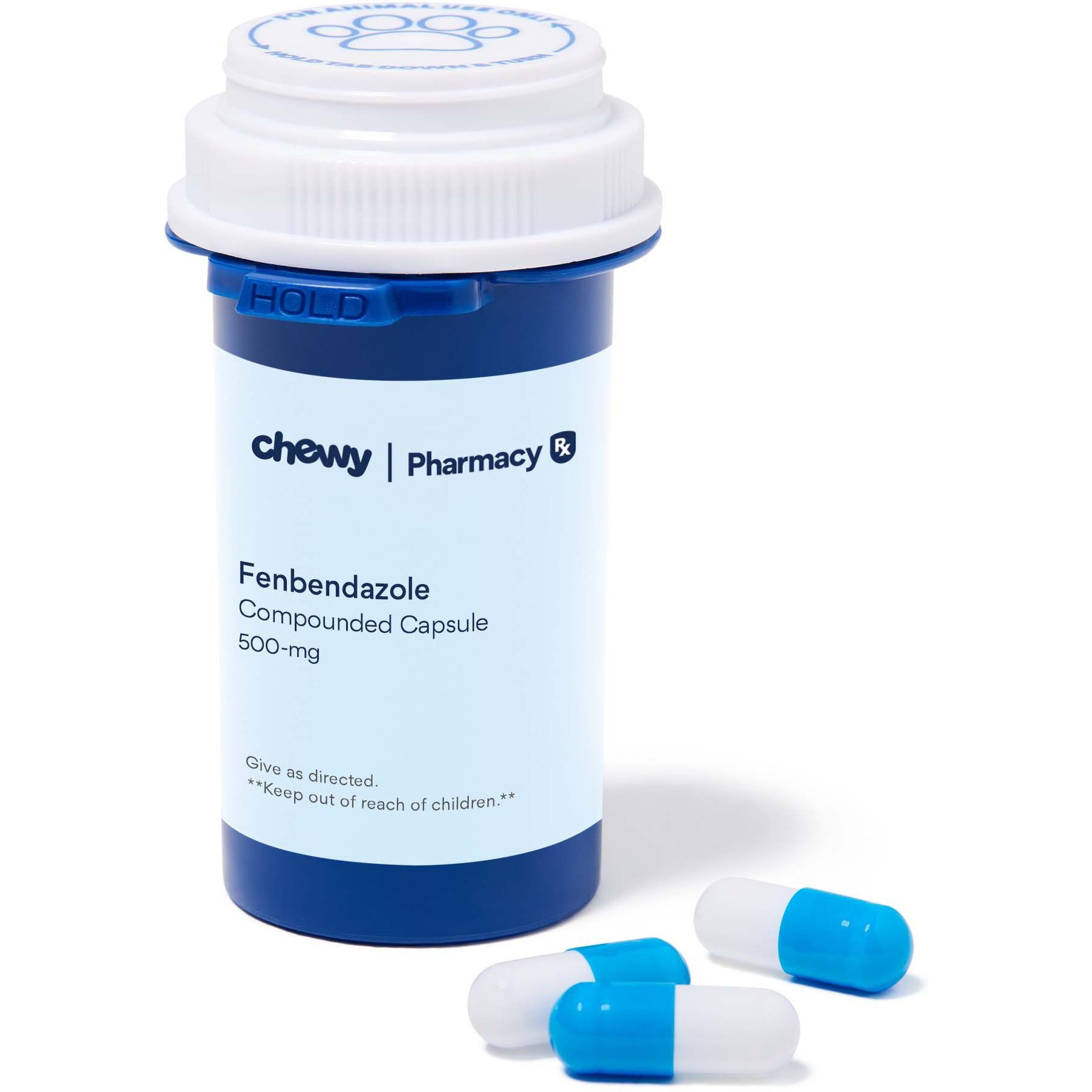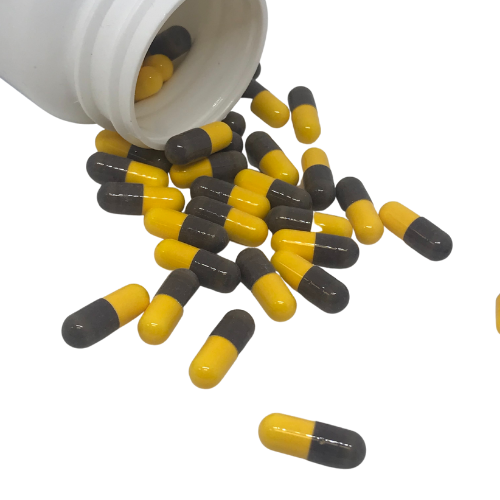fenbendazole 222: Common Owner Concerns Answered
Wiki Article
Comprehending the Perks and Uses of Fenbendazole in Vet Medicine
Fenbendazole has actually established itself as a crucial anthelmintic in veterinary medication. Its capability to target numerous parasitic infections makes it a beneficial tool for vets. The drug's mechanism interferes with necessary cellular procedures in parasites, bring about efficient therapy end results. Its safety account varies in between species, demanding mindful consideration in its use (fenbendazole 222). Recognizing these dynamics can shed light on fenbendazole's more comprehensive implications in veterinary treatment and recurring research into its prospective beyond standard applicationsMechanism of Activity of Fenbendazole

Usual Parasitic Infections Treated With Fenbendazole
A range of parasitic infections are effectively treated with fenbendazole, making it a versatile choice in veterinary medication. This anthelmintic agent is particularly efficient versus nematodes, including roundworms and hookworms, which frequently affect pets and cats. It is likewise made use of for the therapy of cestodes, such as tapeworms, offering a wide spectrum of action against both kinds of digestive tract parasites. Furthermore, fenbendazole is useful in managing infections triggered by protozoa, particularly Giardia, which can cause gastrointestinal distress in pets. Its effectiveness extends to treating specific lungworms in canines and felines, addressing respiratory system wellness issues connected to these bloodsuckers. In general, fenbendazole's capacity to target several parasitical varieties makes it a useful device in vet practice, making sure the wellness and health of pet dogs influenced by these common infections.Security and Effectiveness in Various Pet Variety
The safety and security and efficiency of fenbendazole differ among different pet varieties, emphasizing the importance of species-specific considerations in veterinary medication. In pooches, fenbendazole is generally well-tolerated and effective against an array of gastrointestinal parasites, including roundworms and hookworms. For felines, nevertheless, its usage is less usual and might call for careful application due to potential damaging responses.In animals, such as livestock and lamb, fenbendazole shows performance versus different endoparasites, adding to boosted health and performance. Nevertheless, the pharmacokinetics and potential side effects can differ considerably in between species, necessitating careful evaluation by veterinarians.
Equines additionally respond favorably to fenbendazole, particularly for dealing with strongyles and ascarids, though dosage and administration routes should be customized to their one-of-a-kind physiology. Consequently, comprehending these distinctions is crucial for maximizing therapy end results and ensuring animal welfare across diverse varieties.
Administration and Dosage Standards
Correct administration and dose guidelines are important for making the most of the restorative results of fenbendazole while reducing potential negative effects. The dosage typically varies depending on the varieties being treated, the particular problem, and the formula of fenbendazole made use of. fenbendazole 444. For dogs and felines, an usual dosage is 50 mg/kg body weight, provided daily for three consecutive days, yet vets may change this based upon private health assessmentsIt is essential to provide fenbendazole with food to improve absorption and minimize intestinal upset. The medicine is available in numerous kinds, consisting of granules and paste, enabling versatile management options. Monitoring the animal's reaction during and after therapy is advisable to confirm efficacy and safety. In addition, vet support is essential to determine the ideal period of treatment based on the kind of parasitic infection being resolved, ensuring perfect results for the pet's health.
Future Perspectives and Study on Fenbendazole
Research study on fenbendazole remains to progress, concentrating on its prospective applications beyond conventional antiparasitic usages. Recent research studies have actually explored its effectiveness in dealing with numerous types of cancer, especially in vet oncology. Preliminary data suggest that fenbendazole may prevent the growth of lump cells and improve the results of other chemotherapeutic representatives.Additionally, researchers are examining its role in taking care of food poisonings in animals, highlighting its anti-inflammatory residential properties. The adaptability of fenbendazole for various species elevates concerns regarding its safety accounts and ideal application routines in diverse populations.
As rate of interest expands, there is a requirement for comprehensive scientific trials to develop evidence-based guidelines for these unique applications. Future research study might additionally check out the devices behind fenbendazole's effects, possibly leading the way for innovative therapeutic techniques in veterinary medicine. The ongoing exploration great site of fenbendazole can greatly enhance therapy choices for various vet conditions.

Regularly Asked Concerns
Is Fenbendazole Safe for Pregnant Animals?
The safety of fenbendazole for expecting pets continues to be uncertain. While some researches suggest minimal risk, vets usually advise caution and often advise against its usage during pregnancy unless the benefits clearly outweigh possible risks.Can Fenbendazole Be Utilized in Animals?
Fenbendazole is frequently used in animals to deal with read what he said various parasitical infections. 222 mg. Its effectiveness versus stomach worms makes it a useful anthelmintic, adding to enhanced wellness and performance in animals increased for food and fiberWhat Are the Side Results of Fenbendazole?

The negative effects of fenbendazole may consist of gastrointestinal disruptions, sleepiness, and allergies. In unusual cases, more extreme responses can occur, requiring cautious tracking and examination with a veterinarian during therapy.
Just How Does Fenbendazole Contrast to Other Dewormers?
Fenbendazole provides broad-spectrum effectiveness against different parasites, often comparing positively to other dewormers. Its special system targets various life phases, see page making it efficient, while typically providing a positive safety account compared to alternatives readily available on the marketplace.Can Fenbendazole Be Made Use Of for Treating Cancer Cells in Pets?
The possibility of fenbendazole in treating cancer cells in pet dogs has garnered passion. Preliminary researches suggest it might inhibit cancer cell development, yet better study is necessary to verify its efficiency and security in veterinary oncology.Report this wiki page